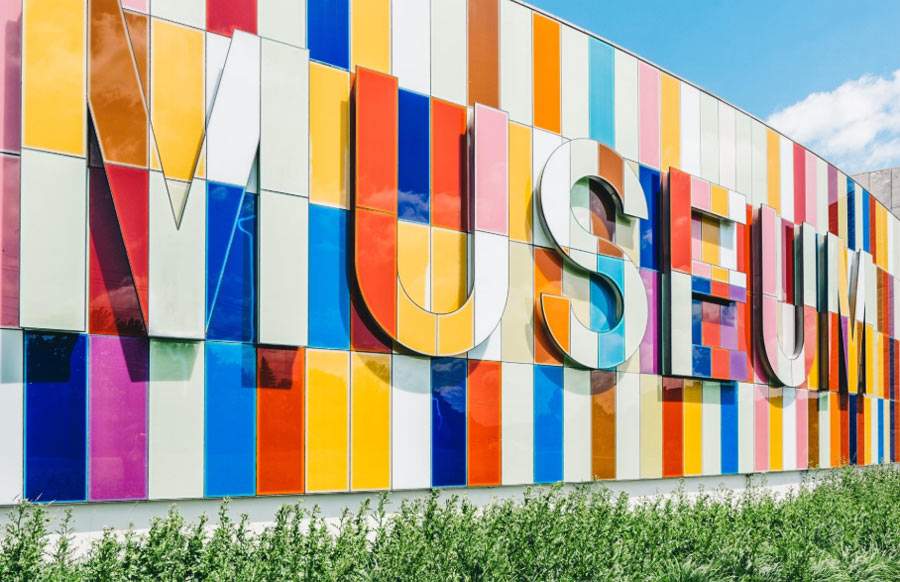Museology of the present. Museums enter people's daily lives.
The new definition of a museum, made official in Prague in August 2022 by the Extraordinary General Assembly of ICOM - International Council of Museums, brings the museum institution closer to people by making it an active part of the territory. The museology of the present pushes to rethink, along with study, research and education, the sustainability, enhancement and management of museum facilities: the functions of the museum increase by putting the visitor at the center of every cultural offering. In addition to traditional functions, the importance of ethical and responsible planning structured on sustainable growth plans is highlighted. The economic one is the first degree of sustainability: only a museum managed in the manner of a private enterprise can have economic plans, business models, and strategies on targets of interest and measurable goals to keep up with its mission and new functions by meeting the needs of all audiences.
The museum institution evolves and relates to the new needs of people: the new functions enhance the social and holistic character of the museum as it provides a public service and protects a public interest of a community, facilitating inclusion, participation, accessibility, loyalty, health and mental and physical well-being of visitors.
Museums are, among buildings that produce culture, those that have the greatest environmental impact; in fact, they remain in operation H24. Almost all recently built museum facilities have, since their genesis, indulged in green practices that have made them environmentally friendly with zero (or nearly zero) impact. The real challenge, however, is to consistently reduce the impact of existing ones-not an easy mission in a country like Italy where most are placed within buildings of historical significance.
In a perspective like this, in which stated and measurable goals become immovable points of a museum that transforms itself into a business for the benefit of people, highlighting a social character as it offers a public service and protects a public interest, digital worlds, functional technology and artificial intelligence become indispensable resources at the service of mission, strategies, communication and sharing. But if the museum can be thought of and managed in the same way as a business, why couldn’t a business become a museum? In a scenario connected to the valorization and management of tangible and intangible assets, the business museum becomes a sustainable place where the entrepreneurial culture, which has made the fortune of our country, is protected and promoted for the uniqueness it represents and the story it tells.
The topics of the column:
Sept. 1, 2023
From the Faro Convention to the new ICOM definition in Prague. What is changing in sustainability, enhancement and museum management.
Sept. 15, 2023
Economic sustainability. Sustainable growth starts with controlling the numbers. Business model, fundraising and measuring economic impact on the territory.
Oct. 1, 2023
Social responsibility. The museum for all. Diversified offerings, Museotherapy and measuring social impact on the territory.
Oct. 15, 2023
Environmental Sustainability. How to reduce the impact of museums in historic buildings. Biomuseology and measuring environmental impact on the territory.
Nov. 1, 2023
Holistic sustainability. The museum is pleasure, health and well-being. Experiential wellness platforms and measurement of holistic impact on the territory.
November 15, 2023
Museums and digital innovation. Functional technology, artificial intelligence and profiling new audiences.
Nov. 30, 2023
Museums and visual perception. How displays, internal communication and museum education are changing in the perspective of the inclusive museum.

Warning: the translation into English of the original Italian article was created using automatic tools. We undertake to review all articles, but we do not guarantee the total absence of inaccuracies in the translation due to the program. You can find the original by clicking on the ITA button. If you find any mistake,please contact us.




























